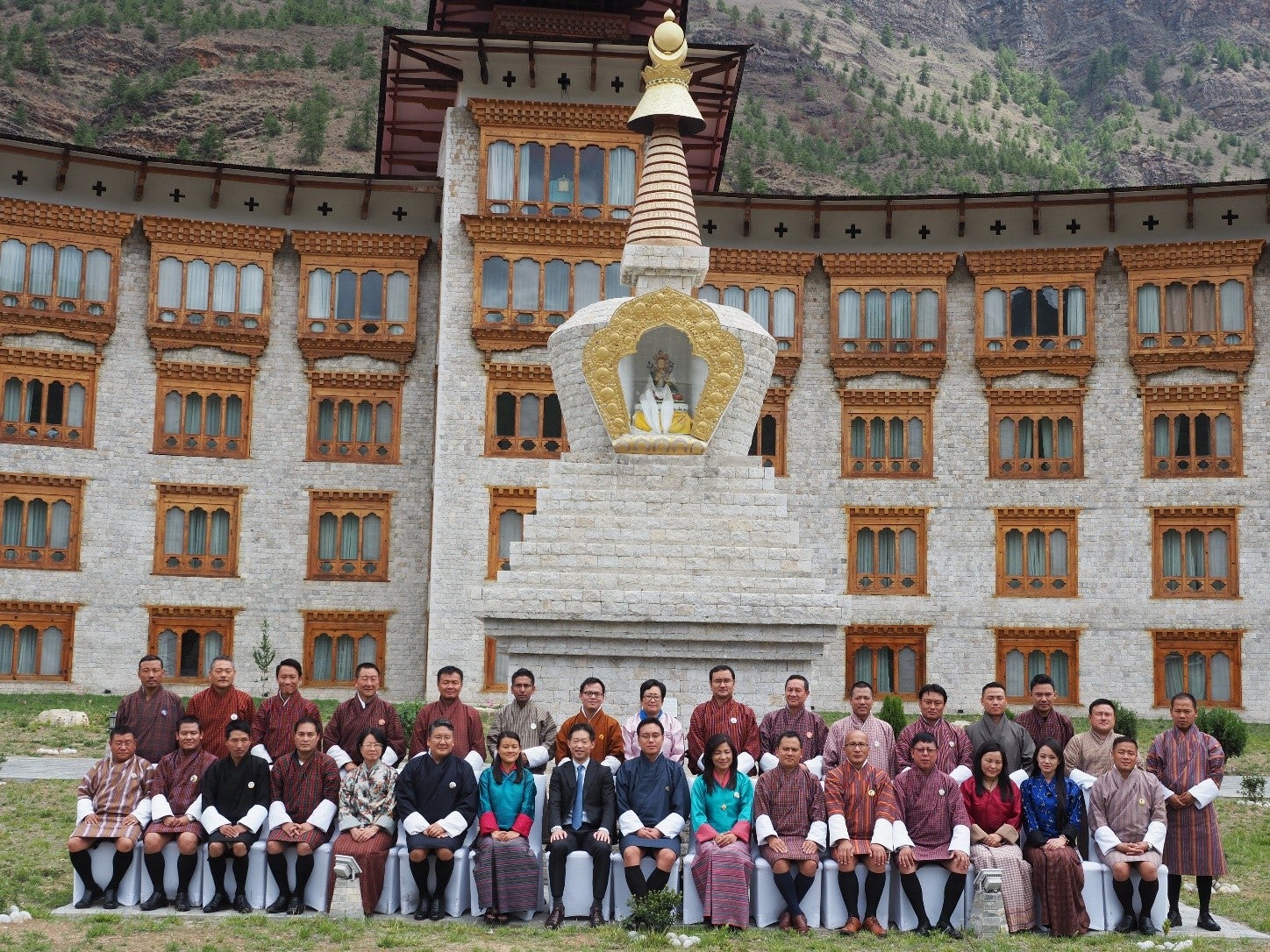
Members of parliament are valuable partners for the World Bank. They enact laws, shape and review development policies, and hold governments accountable for World Bank-financed programs. This applies for the landlocked Himalayan kingdom of Bhutan. The role of its parliament has been increasing since the country’s successful transition from monarchy to constitutional monarchy in 2008. Through its engagement with these elected representatives, the World Bank effectively integrates citizen voice in its programs to achieve lasting and inclusive development results.
A joint workshop between the World Bank and National Council of Bhutan, the upper house, was a great opportunity for the World Bank to engage with the 25 newly elected National Council members.

Under the development context, the three-day workshop on “ Understanding the Fundamentals of Macroeconomics and the National Budget” on May 20-23, 2018 had two purposes: sharing World Bank’s knowledge and expertise on macroeconomics and budgeting, applying them to Bhutan, and exchanging views on Bhutan’s key development. To achieve these purposes, the workshop was conducted through the following sessions.
- Macroeconomics for non-economists with applications for Bhutan: After explaining why macroeconomics is important for National Council members, this session focused on key concepts and approaches to macroeconomics. The approaches and concepts were applied to better understanding Bhutan’s economic context.
- Macroeconomic policy analysis: This session explained the roles of the state, key macroeconomic policy tools and the governance framework. These were applied to Bhutan’s past macroeconomic challenges such as 2012 Indian Rupee shortage. Afterwards, the participants had an opportunity to apply the knowledge of two sessions to a case study.
- Introduction and analysis of the national budget by the Ministry of Finance: During the session, the participants gained practical knowledge on the process of formulating, implementing, and accounting of the national/ sub-national budgets for Bhutan.




Join the Conversation